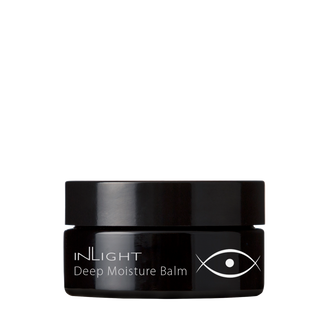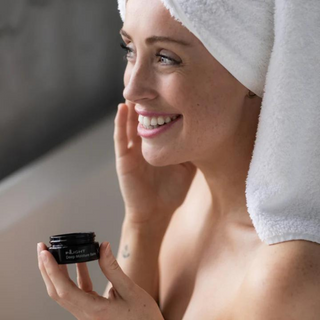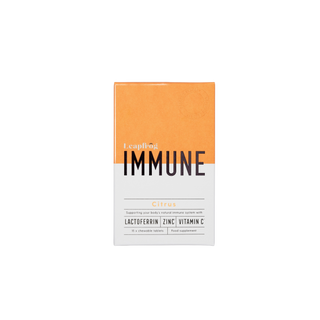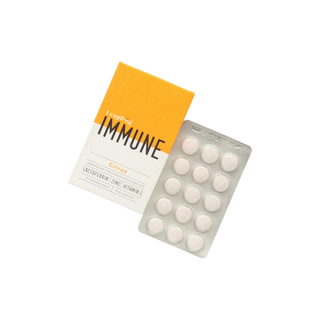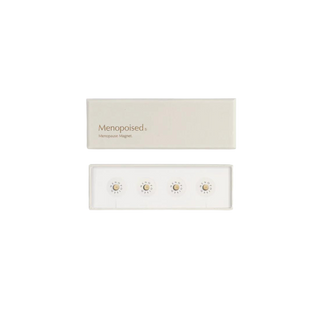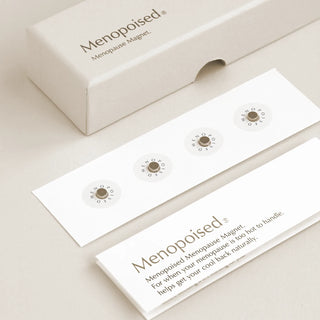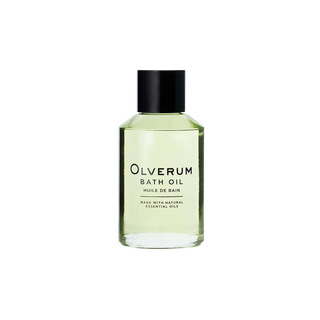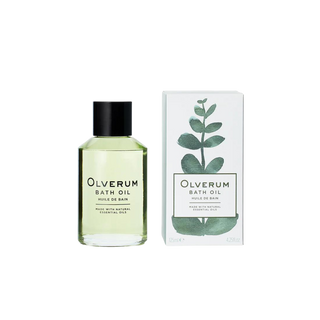New research suggests the technique should be prescribed on the NHS to ease symptoms.
Originally seen in The Times
Photographer credit: CHRIS MCANDREW
Reading a new report that meditation and mindfulness techniques should be prescribed on the NHS to help treat women struggling with symptoms of the menopause, I was very tempted to send a link to all the naysayers I have met in my life. Many have raised a sceptical eyebrow when I’ve told them that my daily meditation practice and deep-breathing exercises have helped me to get through my menopause. The report by University College London suggests these techniques could be an additional option to hormone replacement therapy (HRT). As someone who tries not to take medication if I can avoid it, I have found they have been enough for me.
I am 51 now and I started meditating about seven years ago because I felt constantly tired, cranky and stressed even though I was looking after myself and eating well. Becoming perimenopausal, with declining levels of oestrogen and progesterone in my body, turned up the gas on all of this, I’m sure. But within two days of taking up a Vedic meditation practice, which involves me sitting down twice a day, closing my eyes and repeating a meaningless mantra for 20 minutes (I call it my airplane mode), I found I didn’t feel tired or on the edge for the first time in years. I still meditate twice a day, and on the occasional day I miss my second session, I feel knackered and tetchy by 8pm.
I honestly don’t know how women cope with the menopause without these regular little breaks that allow mind, body and soul to reset and recalibrate. Numerous medical studies have shown that people who meditate have lower blood levels of epinephrine, norepinephrine and cortisol, the hormones designed to help us deal with stressful situations by increasing our heart rate, blood pressure and blood sugar levels. Meditation also leads to lower respiration and heart rates and encourages better blood flow to the brain; I wouldn’t be surprised if it helps with brain fog too.
When it comes to hot flushes, the issue is not just the inconvenience but the anxiety that goes with them. If I can deal with that, they just don’t seem like a big deal. So when I suffer one, and at any other time when anxiety starts to rise — running late, stuck in traffic, on a deadline — deep-breathing exercises are a powerful tool. I do a simple box-breathing exercise: in for four counts, holding for four counts, out for four and holding for four before starting again. Even three minutes of this is calming and transforming — and it noticeably lowers my body temperature. In psychiatric research and clinical practice, breathwork has been shown to improve symptoms of anxiety, depression, trauma, addiction, obsessions, compulsions and inattention.
I add in aromatherapy too, as the sense of smell has been found to play an important role in the physiological effects of mood, stress and working capacity. Everywhere I go, I carry in my pocket a tiny aromatherapy pulse point oil blended with clary sage, calming geranium, refreshing lemon and cooling peppermint. I smother it into my palms, rub them together, and take in at least three long, deep breaths. The pulse point remedy is formulated according to the principles of Chinese medicine to focus on kidney health, which is believed to help regulate body temperature.
Another common symptom of the menopause that I have been particularly prone to is low mood, and because I already have osteopenia — when your bone density is lower than average, but not low enough to be diagnosed as osteoporosis — bone health is a worry for me. To target both of these issues in one hit, quite literally, I lift weights. I always hated the gym when I was young — I was much more into yoga and running — but two years ago I joined a fantastic gym a few minutes’ walk from my home in west London, where I complete a 30-minute high-intensity weights session three or four times a week. It bolsters my bones and muscle mass, and noticeably improves my mood and clears my brain.
I feel as if I am almost through the menopause now, and the hot flushes have become less regular, but these workable habits help me feel so calm, strong and balanced that I intend to keep them up for life.



